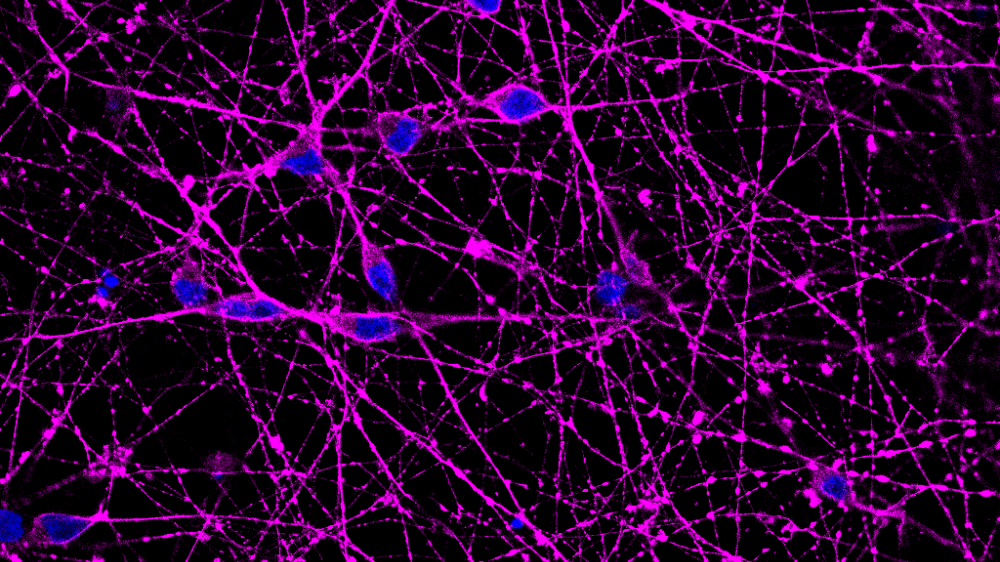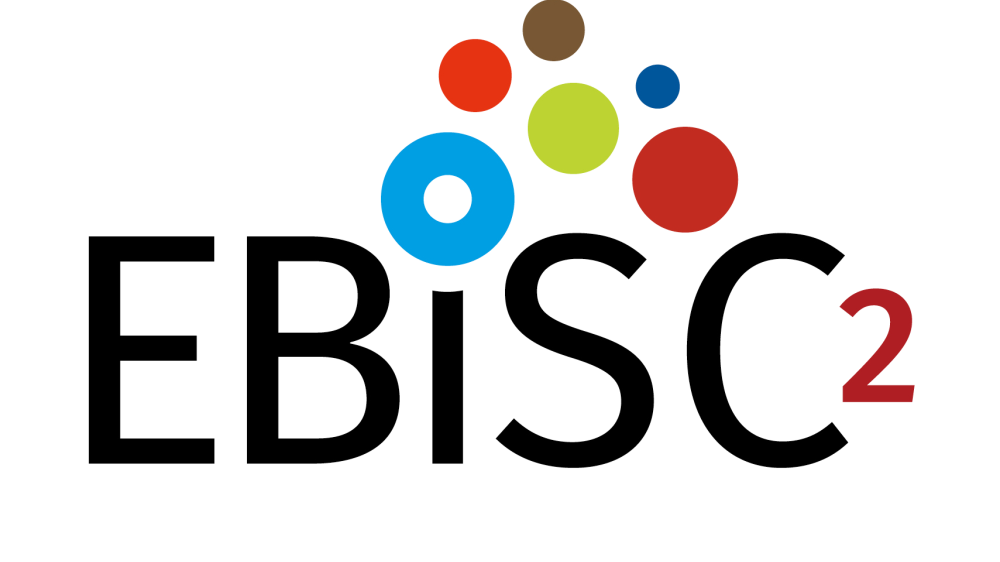Deposit your stem cell lines with EBiSC

The European Bank for induced pluripotent Stem Cells (EBiSC) is a not-for-profit central induced pluripotent stem cell (iPSC) repository for researchers in academia and industry. We recommend that all NC3Rs grant holders and stakeholders deposit their cells with EBiSC.
Launched in 2014, it provides quality-controlled, disease-relevant, research-grade iPSC lines, data and cell services for in vitro research and new medicines development. EBiSC is now moving into its second phase of development, becoming a self-sustainable central iPSC hub to support the iPSC landscape in terms of quality, consistency, available data, standards and licensing agreements.
Archiving iPSCs in the EBiSC creates a 3Rs legacy for researchers, allowing others to access cells for their own studies, contributing valuable research tools and 3Rs benefits to the wider scientific community. Storing cells in this way also fulfils the requirements of funding bodies and journals to share cell lines after publication.
"We are delighted to be working closely with the NC3Rs to ensure the 3Rs and scientific benefits of iPSCs generated through NC3Rs funding are protected and offered across the bioscience sector."
Dr Rachel Steeg, Project Manager, EBiSC
We recommend that all NC3Rs grant holders and stakeholders deposit their cells with EBiSC. Two of our CRACK IT Challenges have led to the development of iPSCs that have been successfully deposited in the cell bank for other researchers to access:
- Challenge 12: UnTangle – a multidisciplinary team led by Dr Selena Wray (University College London) developed hiPSC lines carrying mutations in the tau gene (MAPT). Neurons produced by these cell lines provide a human-relevant model to study tau pathology and for drug screening of novel therapeutics.
- Challenge 6: BADIPS – Prof Andrew McIntosh (University of Edinburgh) led a team that generated hiPSCs from multiple family members affected by bipolar disorder and major depressive disorder, providing human-relevant, in vitro models of these diseases with non-disease controls.
Depositing cells in EBiSC is straightforward and delivers significant benefits to researchers. Cell lines remain under the ownership of the researchers that developed them, and EBiSC acts as the first point-of-contact for customers and will distribute cells on your behalf using standard agreements. There is no cost associated with depositing cells which means that researchers avoid future costs of storing and maintaining cell lines, while reducing the risk of losing high-value cell stocks.
"This partnership with EBiSC is a great opportunity for our researchers to generate a 3Rs legacy from their funding, providing replacement technology for other researchers to use."
Dr Anthony Holmes, Director of Science and Technology, NC3Rs
For researchers planning to generate, or in the process of generating iPSCs, EBiSC offers support with legal and ethical considerations, advice on the generation and handling of cells and a repository to ensure your iPSC lines are sustainable. Researchers depositing iPSCs into EBiSC can take advantage of their QC panel testing and generate a backup stock of their cells in the ISO-certified bank.
Search the EBiSC catalogue and find out how you can deposit your stem cell lines.

